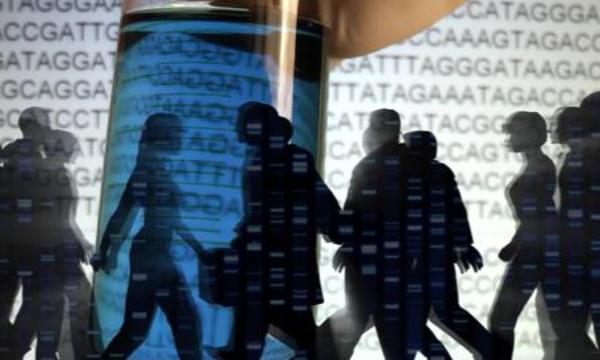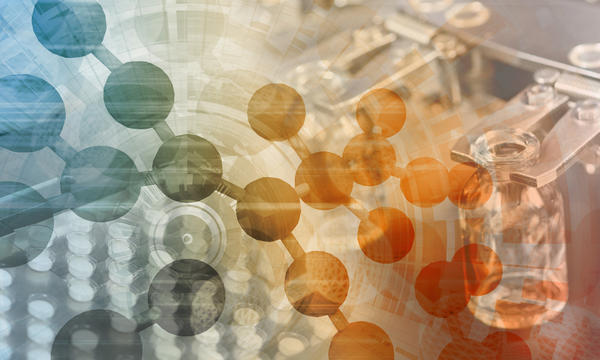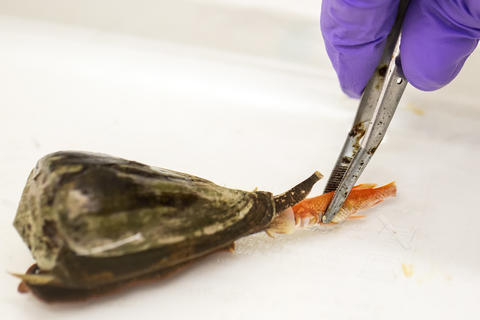NIST and the Promise of Precision Medicine (Video)
As a non-regulatory agency, NIST provides a solid foundation of measurement assurance that enables innovations in health and bioscience: Medical researchers and manufacturers of diagnostics and treatments use NIST research, calibrations, and standards development leadership to be able to efficiently develop new products, meet regulatory requirements, and ensure efficacy and safety of treatments.
NIST measurement research in emerging bioscience areas, including regenerative medicine, the microbiome, and synthetic biology helps rapidly advance our understanding of biology—from genomics and engineered biology, to bioinformatics and nutrition—and provide the basis for industries to harness these advances for new medical technologies.
NIST calibrations and reference data also provide the medical community with critical tools that ensure the accuracy and efficacy of numerous diagnostics and tests. For example, NIST’s ionizing radiation standards and calibration services are essential to hundreds of millions of annual medical imaging procedures (x-ray, mammography, magnetic resonance, etc.) in the U.S. as well as for radiation-based cancer treatments.
NIST Cone Snail Research: Milking Killer Mollusks for Medical Answers
In this photo essay, we take a close up look at research being done at our Hollings Marine Laboratory in Charleston, South Carolina. Scientists there are studying cone snail venom for potential use in medical treatments. The venom is thought to be one of the most powerful toxins produced in nature. To understand how it works, chemists “milk” captive snails and examine the venom’s molecular structure, looking for ways to harness its power in positive ways. Their findings may lead to treatments for a wide variety of ailments, including Alzheimer’s disease and nicotine addiction. Read more.





